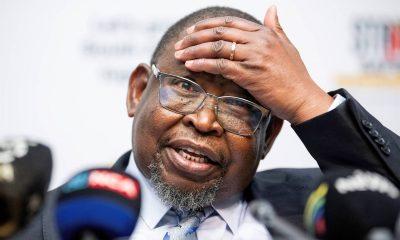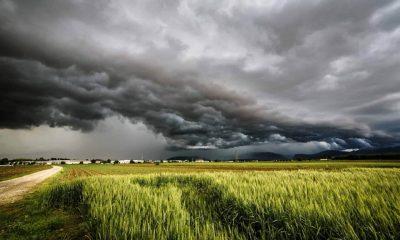News
Basic Education Provides Assurance: No Shortage of Teachers

Contrary to prevailing concerns, recent insights shed light on an alternate narrative: an apparent oversupply of teachers within the educational ecosystem. This counterpoint emerges as a response to the findings of a recent study conducted by Stellenbosch University, a study that sounded alarms over an imminent scarcity of proficient educators as reported by Jarcarandafm.
Also Read: Sewage Leak Pollutes Kempton CBD
The study, conducted by Stellenbosch University, cast a shadow of apprehension over the landscape, accentuating a potential shortage of skilled teachers. The study’s revelation was stark and concerning: a substantial portion of the nation’s educators hover on the precipice of retirement, a trend that could potentially reverberate into a deterioration of educational quality.
However, the department’s retort unveils a more intricate narrative. While acknowledging that a significant 49% of educators currently engaged in the realm of public schooling are positioned beyond the age of 50, the department unveils a comprehensive strategy to counteract the implications of this statistic. A strategic approach unfolds, focused on upskilling new graduates, steering their competencies towards the teaching of priority subjects. This conscious alignment of skills with the specific needs of education attests to a dynamic effort to mitigate the potential void that the impending retirements might usher in.
Spokesperson Elijah Mhlanga assumes the role of the harbinger of this strategic shift, articulating the proactive measures undertaken by the department. With a definitive impetus, bursaries have been harnessed as a tool, a conduit to nurture and bolster the number of teaching graduates. This intentional infusion of support serves as a testament to the department’s commitment to sculpting a resilient and fortified teacher workforce, impervious to the challenges posed by the looming retirements.
Mhlanga articulates a counterintuitive perspective in a mosaic of explanations: retirement isn’t a singular event but rather an ongoing transition that unfolds with each passing month. This consistent cycle of retirements creates a dynamic space, allowing for the seamless integration of fresh talent to occupy the spaces left vacant by those transitioning into retirement. The cadence of renewal bears testimony to the department’s unwavering resolve to ensure the uninterrupted flow of educators.
Crucially, this narrative unravels a paradox: while the educational system ostensibly stands on the precipice of teacher scarcity, the numbers defy the notion. The very institution responsible for cultivating the next generation of educators, the Higher Education Department, produces an impressive stream of 33,000 teachers annually. This juxtaposition renders an audacious statement: the supply far surpasses the apparent demand.
Also Read:
Follow us on Google News
Photo by Max Fischer






















